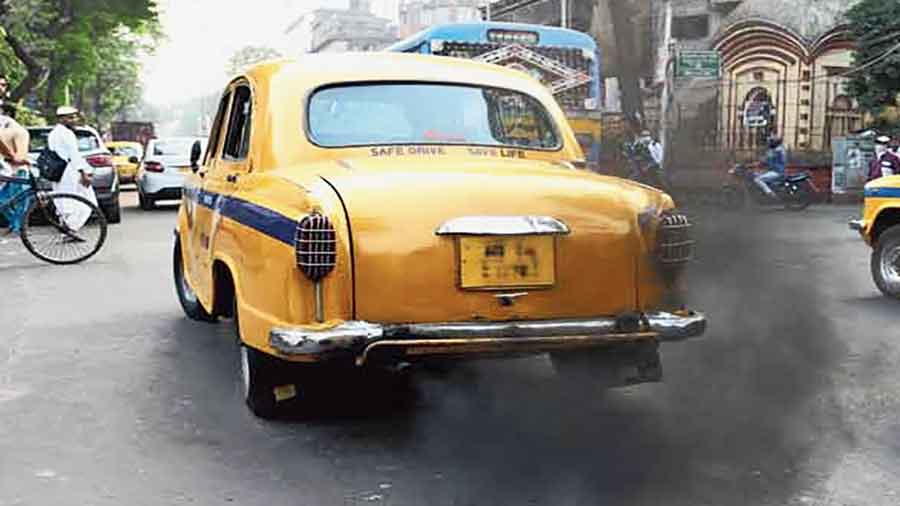The National Green Tribunal has ordered the West Bengal government to phase out private and commercial vehicles that are over 15 years old and all public transport vehicles below Bharat Stage-IV within six months. Given that recent data showed that as much as twothirds of all deaths from air pollution in India can be attributed to exhaust emissions from vehicles and that the transport sector contributes over 20 per cent of the PM2.5 in Calcutta’s air, this intervention is welcome. But there are challenges ahead. If the tribunal’s order has to be followed, the state transport department will have to phase out about 92 lakh vehicles, including 9,16,772 commercial ones, within six months. Unless these vehicles can be replaced within the stipulated time, the city’s transport system will be crippled. Already, the transportation sector has been dealt a body blow by pandemic-induced lockdowns and rising fuel prices. As such, six months may be an unrealistic deadline. Perhaps this is why the state is likely to appeal to the NGT to extend the deadline. However, the West Bengal government has been dragging its feet on the matter. A 2008 order by the Calcutta High Court to phase out commercial vehicles older than 15 years and an NGT recommendation to the same effect in 2016 went unheeded. If the NGT grants West Bengal an extension of the deadline, it should first identify and prioritise phasing out vehicles that are completely unfit to run on roads — the annual roadworthiness and fitness test that all commercial vehicles have to undergo can help.
West Bengal — like the rest of India — does not have a scrapping policy for old vehicles. The massive amount of scrap that will be generated by phasing out old vehicles will end up in landfills and pose an environmental threat. The state must also act against the black market of discarded vehicles; the junk removed from city roads often find their way to the districts. A policy paper by the ministry of road transport and highways had revealed that by incentivising the phasing out of old vehicles, emissions can be potentially reduced by 25-30 per cent and fuel consumption by 3.2 billion litres a year. A cut in excise tax by up to 50 per cent while purchasing a new car after scrapping the old one, offering fair value for the scrap, and discounts by automobile manufacturers are some options that Bengal can explore.











